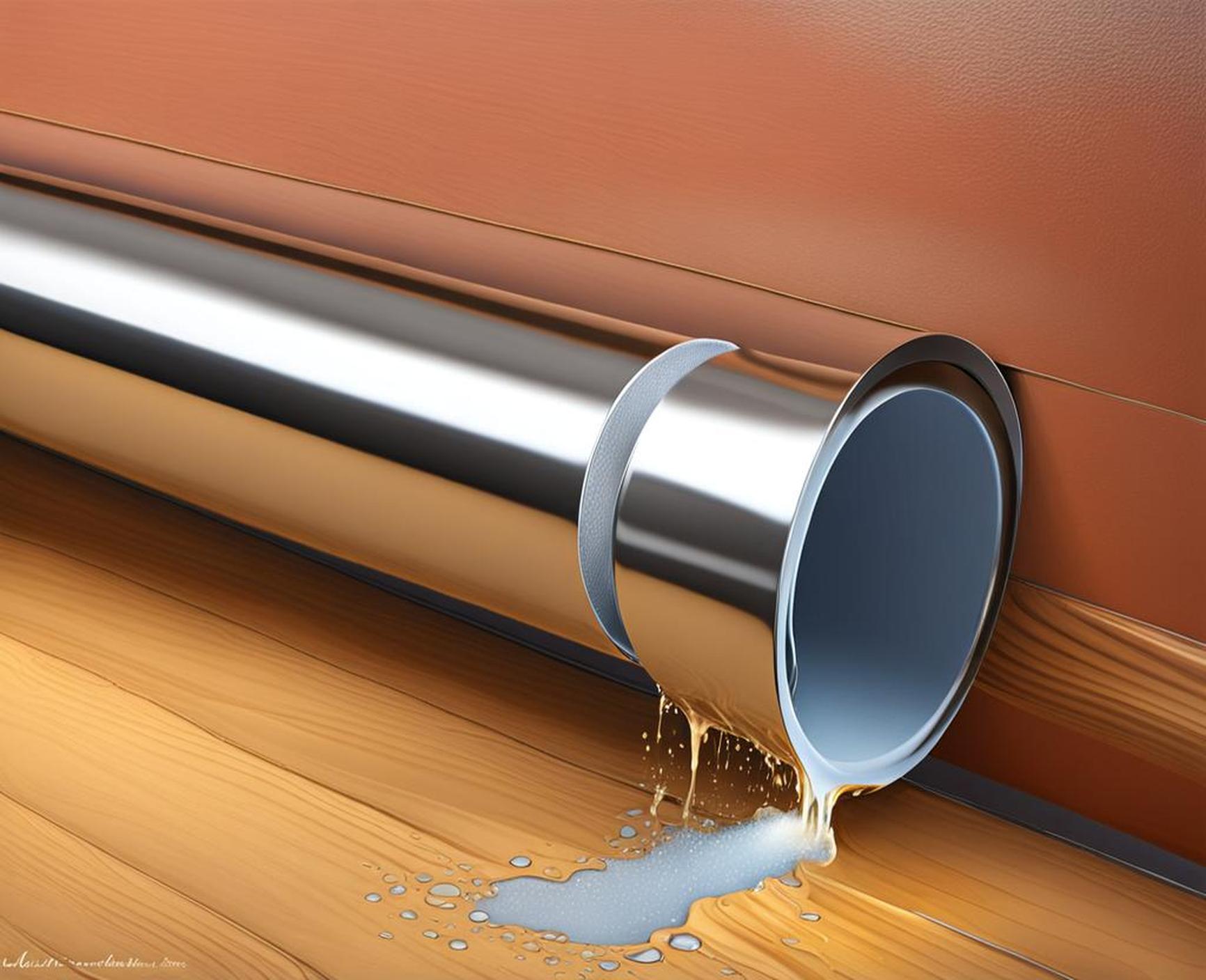Greasy, clogged drains are a nuisance that many homeowners have to deal with. Over time, fats, oils, and grease can build up on the inside of pipes and cause stubborn blockages. Instead of reaching for harsh chemical cleaners or calling a plumber, try these simple pro tips to dissolve grease and unclog your pipes with ease.
Then, we’ll share effective DIY methods to clear grease clogs using common household ingredients. With some simple maintenance, you can keep your drains free of gross grease buildup.

What Causes Grease to Clog Drains?
Grease clogs happen when fats, oils, and greasy residues from food preparation and cleanup make their way down the drain. Hot grease and oils poured down the sink start to cool and congeal to the insides of drain pipes. Over time, thick layers of grease accumulate.
As more grease, food particles, soap scum, and other debris stick to these fatty deposits, it eventually blocks water flow through the pipes. Drainage slows to a crawl and clogged drains become a soggy, soapy mess.
Preventing Grease Clogs
Stopping grease from going down the drain in the first place is crucial for preventing clogs. Here are some tips to stop grease buildup before it becomes a problem:
- Wipe down greasy pans and dishes with paper towels before washing. Dispose of used paper towels in the garbage.
- Use sink strainers to catch any food scraps and empty them into the trash.
- Allow hot grease from cooking to fully cool and solidify before attempting to pour it into the garbage.
- Avoid pouring fats, oils, and grease of any kind down the drain.
- Clean pipes regularly by pouring hot water and dish soap. Let it sit, then flush with more hot water.
- For frequent grease production, install a grease trap to intercept grease before it hits pipes.
Unclogging Grease Clogs
If you’ve already got a greasy clog on your hands, try these homemade drain cleaning solutions before calling a plumber:
Boiling Water
Pouring boiling water down the drain can help liquefy grease that’s already clogging your pipes. Be cautious not to splash boiling water and burn yourself. Slowly pour the water down the drain and let it sit for several minutes before flushing with cold water.
Repeat as needed for stubborn clogs. This simple solution is effective for minor grease clogs.
Baking Soda and Vinegar
Combining baking soda and vinegar creates a chemical reaction that breaks down fatty acids. Make a paste with 1/2 cup baking soda and 1/2 cup vinegar. Scoop the paste into the drain and let it sit for 10-15 minutes. The fizzing mixture helps dissolve grease. Rinse with hot water.
For extra cleaning power, boil water to pour down the drain after the homemade cleaner has sat. This double punch often clears tough clogs.
Chemical Drain Cleaner
Liquid chemical drain cleaners available at hardware stores can help eat away thick grease in severely clogged pipes. However, these strong products can damage pipes, so use caution. Refer to the product label for proper use.
Look for a cleaner that specifically says “dissolves grease clogs.” Only use chemicals as a last resort after trying safer methods.
Drain Snake
A drain snake, also called an auger, uses a corkscrew cable to physically scrape and pull out a grease clog. Insert the snake end into the drain opening and twist it through the twists and turns of pipe. Slowly pull out the debris.
Snaking is effective if grease has completely blocked the drain. Rent a power snake for severe residential clogs or call a professional plumber.
Dish Soap and Hot Water
Dishwashing liquid like Dawn helps break up grease. Pour a generous amount down the drain along with very hot water. Let the soapy solution sit for 5-10 minutes before rinsing. The hot water and surfactants in the soap help dissolve fatty oils.
When to Call a Professional
DIY methods can clear many household grease clogs and restore free flowing drains. However, if you’ve tried these suggestions without success, it’s time to bring in a pro. Reasons to call a plumber include:
- Clog persists after multiple drain cleaning attempts
- Entire plumbing system backs up due to excessive grease
- You’re unable to physically access the clogged drain
- Drain needs professional hydro jetting to fully clean greasy pipe walls
- Installation of a grease interceptor trap for restaurants/commercial kitchens
Avoid chemical drain cleaners marked “corrosive” that can eat away pipes. Only professionals should utilize caustic enzymes and acids.
Grease clogs don’t have to mean a visit from the plumber. With some simple kitchen habits and regular maintenance cleaning, you can keep drains free of greasy sludge. Use boiling water, baking soda, vinegar, or dish soap to break up and dissolve icky grease on your own.
But if the grease persists, don’t keep struggling with a chronically slow drain. Call a professional plumber or sewer cleaning service that has the tools and expertise to fully eliminate drain-clogging grease.
